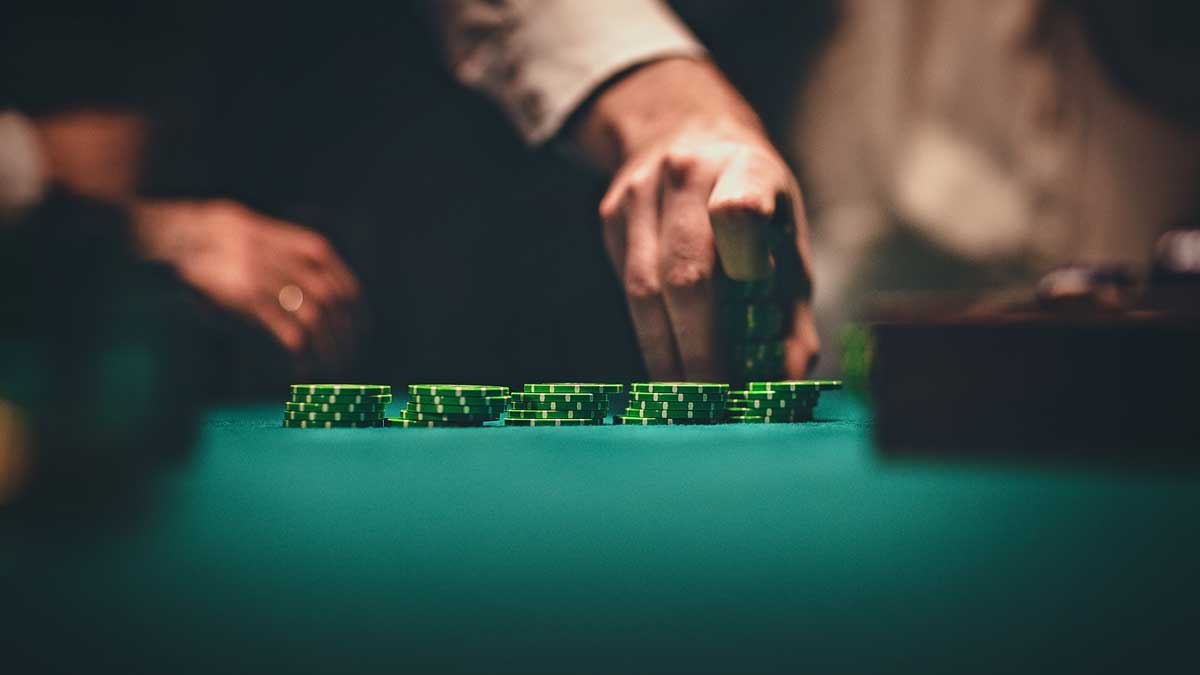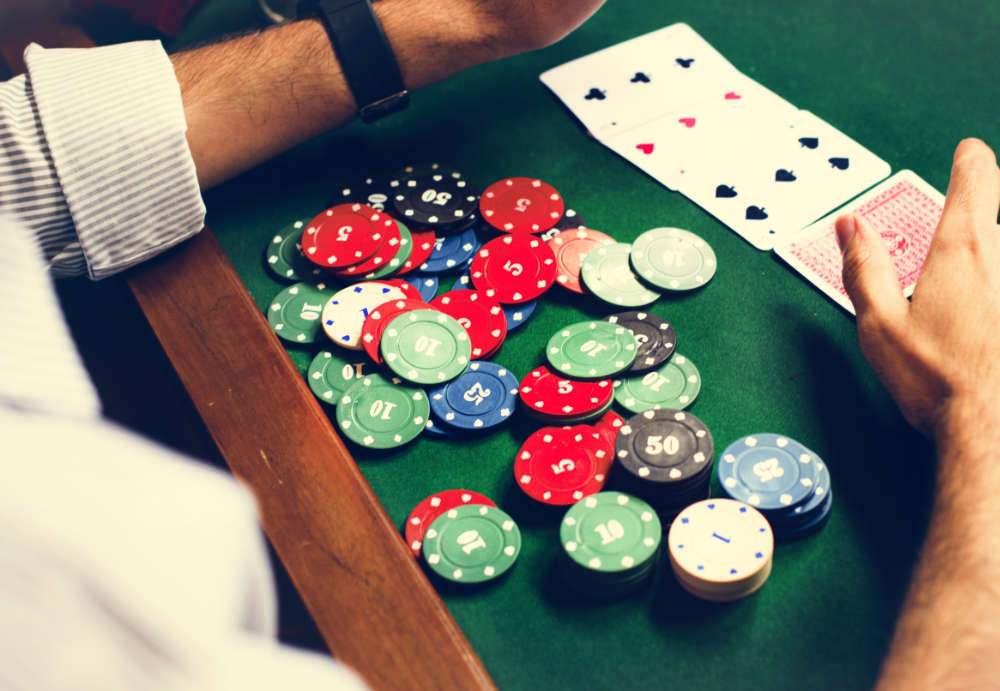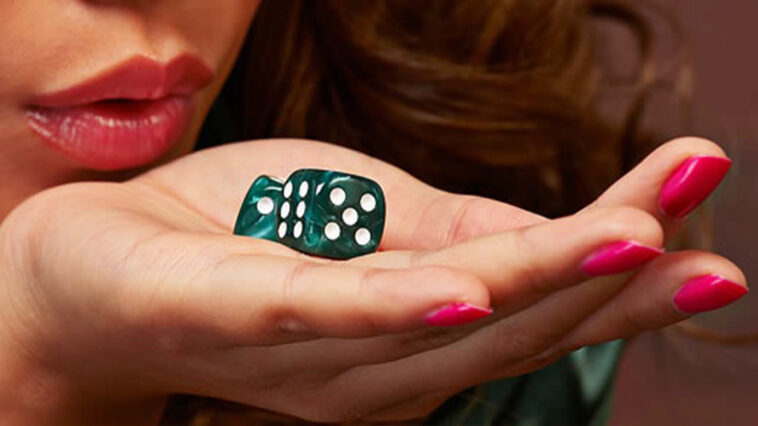Gambling, an activity deeply entrenched in human history, has always been associated with a fascinating array of superstitions and rituals. From carrying lucky charms to adhering to specific routines, gamblers around the globe lean on these practices, hoping to sway luck in their favor. Yet, while intriguing, such customs can also foster harmful habits and negatively impact the gambling process. Here’s an exploratory journey through the world of gambling superstitions and how to transcend them. This article is brought to us by professionals from https://goldenreels-blog.com/.
The Widespread Influence of Lucky Numbers
In the world of gambling, numbers hold a mystic power. Western societies revere the number seven due to its biblical and historical significance, leading many players to bet on or with this number in games like roulette. Conversely, 13 carries a negative connotation due to links with unfortunate events and is typically avoided in gambling contexts.
Meanwhile, the cultural influence of numbers is notably strong in Asian societies, particularly among Chinese gamblers. The number 8, pronounced ‘ba’ in Chinese, shares phonetic similarity with ‘fa’, meaning wealth or prosperity. This linguistic connection has rendered 8 a lucky number. On the other hand, 4 is avoided as it’s pronounced ‘si’, eerily similar to the word for death. Thus, such deep-seated beliefs can often override logical strategies in betting.
The Charm of Good Luck Symbols

Lucky charms, across cultures, are seen as harbingers of fortune. Western gamblers often favor traditional symbols like the rabbit’s foot, a four-leaf clover, or a horseshoe, attributed to ancient Celtic and Roman cultures respectively. Conversely, Asian gamblers might favor red-colored items, known to symbolize good luck, or jade accessories, believed to attract wealth and success.
It’s crucial to note that while these charms don’t have a direct influence on the gambling outcomes, they can significantly impact the player’s mindset. Confidence can sometimes lead to increased risk-taking, which can have both positive and negative outcomes.
Rituals and Routines: Setting the Stage for Success
Gambling rituals and routines serve as an intriguing manifestation of how players attempt to exert control over an inherently unpredictable activity. They vary widely, often crafted around personal habits, historical wins, or cultural beliefs.
For some, rituals are spawned from a past victory. If they were wearing a specific outfit or sitting at a certain spot during a successful gambling spree, they might repeat these actions in an attempt to recreate their success. For instance, someone who won while wearing a red shirt might continue wearing red during every future game.
Others might ritualize their gameplay, like always starting with the same amount of money, sticking to a certain sequence of bets, or even timing their actions according to the ticking of a clock. Similarly, specific pre-game and in-game rituals such as blowing on dice before rolling, crossing fingers, or tapping the screen of a slot machine are all employed in the hopes of influencing the outcome.
These rituals might also be deeply rooted in cultural beliefs. A Western player might always carry a lucky rabbit’s foot, while an Asian player might not gamble on the fourth day of the month due to the cultural connotations of the number four.
Casting the First Bet: A Matter of Timing

Time and timing hold significant meaning in the world of gambling. This can manifest as strategic decision-making or as a part of deeply-rooted superstitions. The strategic aspect could involve players choosing to visit casinos during less crowded hours, believing that machines pay out more frequently when they are less active. Some players might also believe that machines are programmed to be more generous during certain times of the day.
Superstitious beliefs around timing can include concepts like never gambling on Fridays or avoiding the gamble at ‘unlucky’ times. Some gamblers swear by lunar calendars, believing in higher chances of winning during a full moon. The idea of ‘beginner’s luck’ is particularly prevalent. It’s thought that first-time gamblers have a higher chance of winning, as if the universe rewards them for stepping into the unknown. While this belief can make the first experience exciting, it can lead to reckless betting among novices, who might start their gambling journey by losing more than they can afford.
Avoiding Bad Luck: Taboos and Jinxes
The flip side of attracting good luck is the fear of incurring bad luck. Taboos and jinxes in gambling serve to ward off this dreaded misfortune. An array of actions are believed to bring bad luck, from counting money at the table, considered bad manners and a jinx, to whistling or singing during a game, thought to offend the gambling gods.
One of the most enduring taboos is the use of $50 bills. This superstition originates from the mob era when it was believed that mobsters would tuck a $50 bill in the pocket of someone they’d dispatched. Similarly, the notion of avoiding the main entrance when entering a casino, popularized by the MGM Grand Casino in Las Vegas, persists.
More broadly, certain cultural or personal beliefs can shape what is considered taboo. Some players will never bet on black in roulette, while others might avoid certain numbers or betting amounts. Even though these taboos don’t influence the outcome, they can significantly affect a player’s approach and decision-making process in gambling.
The Psychological Impact: The Downside of Superstitions
While superstitions add a layer of charm and mystique to gambling, they also carry psychological downsides. By encouraging an irrational approach to gambling, these beliefs can lead to problematic behavior and unrealistic expectations.
The belief in good luck, for instance, can sometimes camouflage the reality of loss, encouraging players to bet more, pursue riskier strategies, or continue playing in a losing streak. This often fuels a vicious cycle of loss chasing, where players keep gambling with the hope that their luck will turn, leading to significant financial risk.
Relying on luck or rituals can also diminish the role of skill in games that require strategy, such as poker and blackjack. Players might overlook the importance of learning the game’s rules or improving their strategy, thinking that their lucky charm or ritual will sway the outcome.
Furthermore, superstitions can foster compulsive gambling. The belief in certain rituals or habits can become so ingrained that players continue to gamble, ignoring the potential harm to their financial health and emotional wellbeing. They might start believing that if they perform a particular ritual correctly, they’ll win, despite the evidence to the contrary.
This mindset can prevent players from setting responsible limits, both in terms of money and time spent gambling, leading to a downward spiral of continuous play, rising losses, and growing desperation.
Transcending Superstitions: A Rational Approach to Gambling

Dispelling the mist of superstitions requires an understanding of their irrational nature and the recognition that gambling outcomes are determined by mathematical probabilities and randomness, not luck. In games that combine luck and skill, such as poker, focus should be on improving one’s strategy rather than relying on a lucky charm or ritual.
Adopting responsible gambling practices, like setting a gambling budget and adhering to it, can also help counteract the negative impact of superstitions. It can ensure that the activity remains enjoyable and within control, irrespective of lucky streaks or perceived omens.
Conclusion
From lucky charms to elaborate rituals, gambling superstitions are an exciting facet of this age-old activity. But beneath their charm and intrigue, it’s essential to remember that the thrill of gambling lies in the unpredictability and the skills involved, not the superstitions that accompany it. Adopting a rational approach and responsible habits ensures that the game remains enjoyable and doesn’t transform into a problem.




